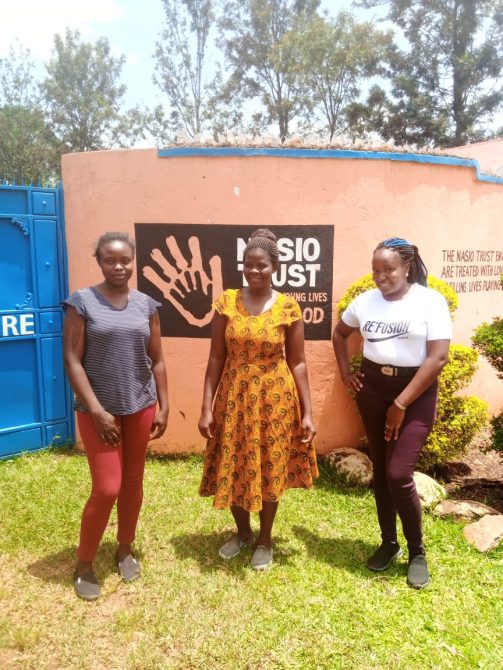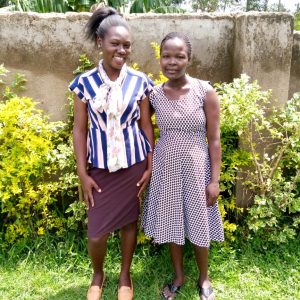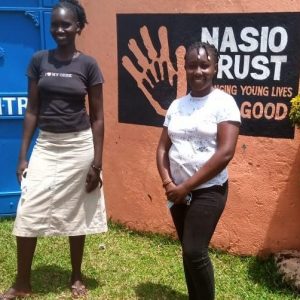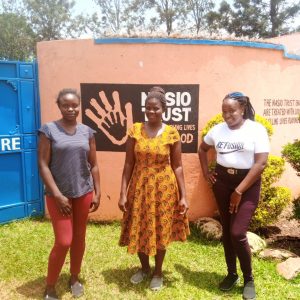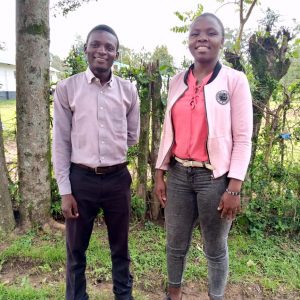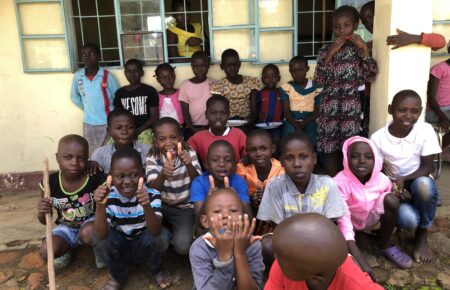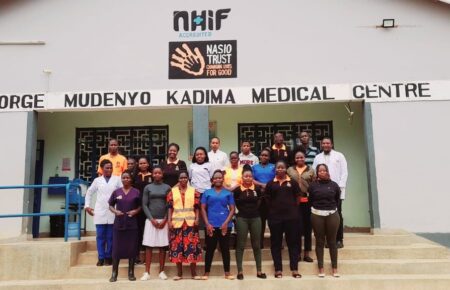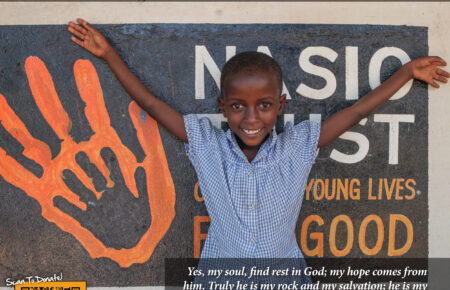Social Work
The Nasio Trust’s incredible Social Work Department monitors the welfare of all our beneficiaries. Safeguarding is fundamental to their work as many of our children are vulnerable and susceptible to harm, abuse and neglect. Child protection is key, and through their work the team are able to monitor and mitigate risks in order to protect our children, ensuring that best outcomes are provided with safe and effective care. The team works to ensure that our beneficiaries are able to grow and develop happily and healthily, without the risk of abuse or neglect.
The team also deals with child sponsorship and coordinates the distribution of donations and gifts.
The Department runs different activities which include:
1. Home Visits
2. Child Updates
3. Memory Book
4. Children Folders
5. Child at Risk
6. Case Follow Ups
7. Donation Distribution
8. Child Protection
9. Guidance and Counselling
10. Medical Follow Up
Overview of the activities
The team regularly visits the children in their homes to check their living conditions and also identify their needs. Visits are especially important in certain situations for instance, if a child does not attend a feeding program, it’s important for the team to find out why the child is absent. Other reasons to visit include when a child is unwell, to carry out a child update (see point 2), or if a child is at risk. In the latter case, the team will follow up on the case and also provide guidance and counselling to the family and the child. The team also make visits to deliver donations and gifts.
The social team can carry up to 30 home visits a week.
Child updates are carried out to identify a child’s needs. Updates give sponsors information and a holistic picture about their sponsored child. The update also includes: pictures of the child, their home, toilet/bathroom situation, kitchen garden, child’s sleeping area, kitchen, dish rack, and compost pit. If a family lacks any of these, then it is included in their needs.
The team carries out 20 child updates a week.
This is a booklet that incorporates a number of things, including a child’s background history, an overview of the child’s development, the parent’s background, a family tree that will one day help an orphan to trace his or her family. The booklet also includes photos, and is updated if anything changes in a child’s life or family situation.
Every child has a file that we keep updated with all relevant documents. The folder includes information about the child’s background, static bio data, sponsor information, a health record, case study, education information, gifts/donation form, home visit form, school visit forms, and guardian’s commitment forms.
Up to 50 child folders are worked on each week.
The team normally holds ‘child-at-risk’ meetings every Friday in which they identify the children at-risk and delegate responsible people within the team to follow up and report back their findings. The entire social work team attend the meetings, along with a representative from the medical, education, and youth departments.
This is when a case is followed up with either the guardians or stakeholders, to enable solutions to be found to the challenges being faced by the children. Follow ups include visits to different offices, several meetings with stakeholders, writing of detailed reports and record keeping in specific child folders.
This comes into play once supporters have received child updates with a list of items that they need in order of priority. We receive monthly donations, after which items are obtained by the procurement office and then the social work team distribute the donations to the children, and share videos and photos with the UK office, who send these on to the supporters.
This has really improved the living condition of our beneficiaries and their families.
Safeguarding is essential to the role of the social work team. They ensure that our children are protected against any kind of harm while at home, school, in their community or among themselves.
Social work conducts child protection training for children, staff and guardians.
The social work team, with the help of a peer education trainer, provides counselling to low and medium risk cases. At times they invite a professional counsellor who helps with the high risk cases. These cases can include discipline issues among our beneficiaries, teenage pregnancy, and child abuse.
Reports are completed and filed in specific children’s folders.
The team, with the help of the education and medical departments, ensure that any sick child is taken for medication. The social work team follow up with the medication at home, and also take children to the hospital for treatment when cases need further investigation or clinic appointments.
Reports are created and filed in the specific children’s folders for reference.
Our social work department consists of 4 staff members and 3 volunteers:
